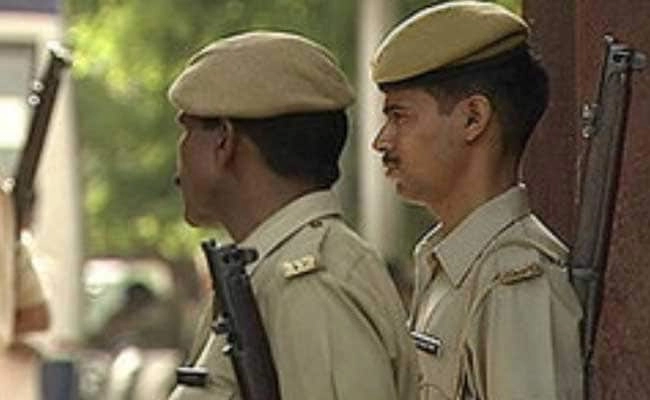The Supreme Court of India has recently taken a significant step by seeking a response from the central government regarding a petition that addresses the urgent need for an effective Heat Action Plan. This move highlights the growing concern over the increasing frequency and intensity of heatwaves, which have substantial implications for public health and safety. The plea emphasizes the necessity for a comprehensive strategy to mitigate the adverse effects of extreme heat, particularly in urban areas where the impact can be most severe.
The petition underscores that heatwaves can lead to serious health issues, including heat exhaustion and heatstroke, and disproportionately affect vulnerable populations such as the elderly, children, and those with pre-existing health conditions. The Supreme Court’s decision to seek the Centre’s response reflects the judiciary’s recognition of the pressing need to address climate-related challenges. Heat Action Plans are designed to provide guidelines for state and local authorities to prepare for and respond to heat emergencies effectively.
As climate change continues to exacerbate weather extremes, the formulation of a robust Heat Action Plan becomes paramount. The plea calls for the establishment of early warning systems, public awareness campaigns, and measures to ensure that communities are better prepared for extreme heat events. The focus is not only on immediate responses but also on long-term strategies that promote sustainability and resilience against rising temperatures.
The Supreme Court’s engagement in this matter could pave the way for a more coordinated and comprehensive approach to tackle the challenges posed by climate change. It is an opportunity for the government to reaffirm its commitment to public health and environmental stewardship. As the nation grapples with the realities of climate change, the development and implementation of effective Heat Action Plans will be crucial in safeguarding the well-being of citizens across India.




